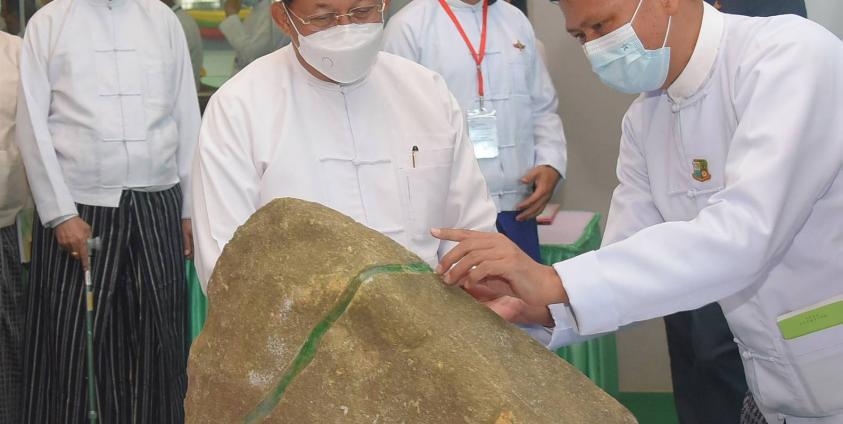According to Burma Campaign UK, the UK-based company TJC has announced the suspension of purchasing and selling Burmese rubies and gems, which serves as a significant source of income for the Military Council.
On June 7, Burma Campaign UK made an announcement stating that the TJC company has suspended its sales following a letter sent by Burma Campaign UK to 40 foreign companies on May 30, urging them to cut off the Military Council's revenue stream.
According to Burma Campaign UK, the decision to cut off the sales of Myanmar rubies and gems is based on the understanding that companies associated with the Military Council, as well as companies owned by family members of military leaders, are involved in the Myanmar jewelry industry and are benefiting financially from it. Additionally, state-owned enterprises are also generating income from these activities.
“TJC deserves praise for taking an ethical stance on this issue. We hope that other British jewelry retailers will do the same.” said Mark Farmaner, Director of Burma Campaign UK.
According to a statement by Burma Campaign UK, TJC Company, recognizing the situation in Myanmar after the coup, understands the importance of opposing the human rights violations committed by the Myanmar military. As a result, the company has decided to stop buying and selling Myanmar rubies and gems as a way to take a stand against these violations.
According to Burma Campaign UK, the statement made on the social networking site regarding TJC selling jewelry was mistakenly listed.
There is a shortage of jade with rich color in the Mandalay market where Myanmar gems are sold. Currently, only raw jade stone that has not been cut into bracelets or other forms is being traded, according to jade traders.
Despite the suspension of Myanmar gemstone sales by the TJC Company, jade traders report that the jewelry market remains unaffected. This is primarily due to the substantial purchasing of raw gemstones in Myanmar's market by China.
Ko Yan Naing Lin, a jade dealer from Mandalay, shared, "Occasionally, buyers come from Thailand, but the majority, around ninety percent, are from China. People from China purchase jade and resell it in China's Ruili. As long as China does not impose restrictions, it doesn't negatively impact us. It can be said that the impact is minimal."
Since the coup, the Military Council now exerts significant control over Myanmar's gems industry, which is estimated to be worth around $2 billion per year.








